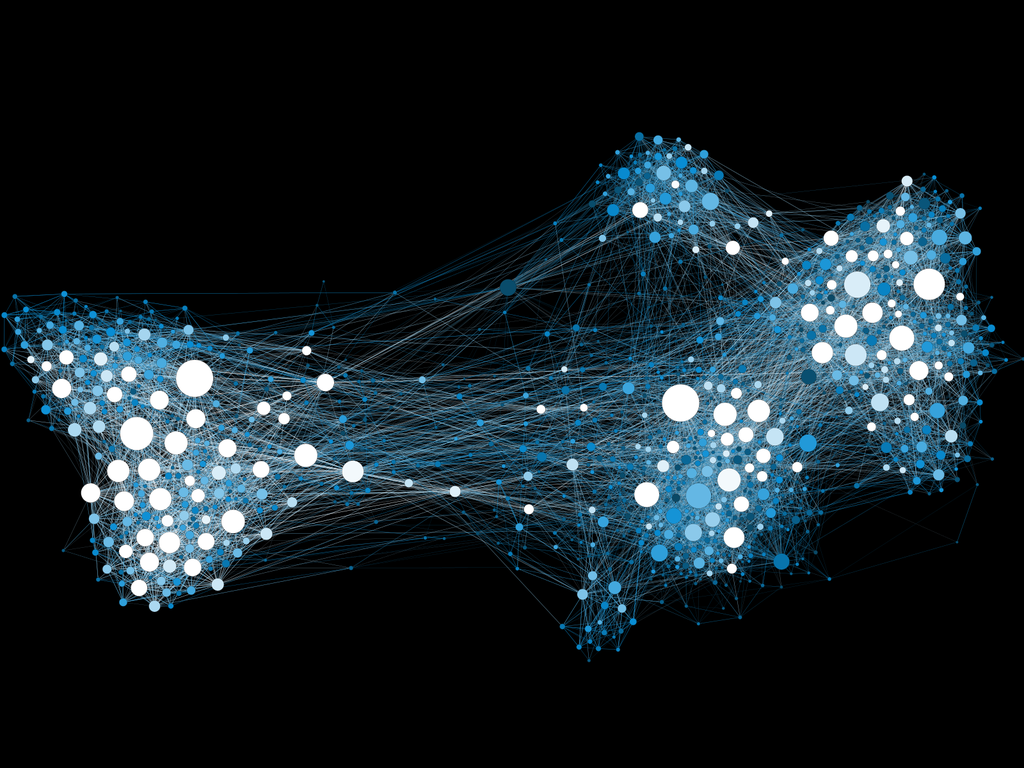
After reading this article in the WSJ today, I was struck by the reason given for missing work;
… as the pandemic obliterates any hint of work-life balance, many are seeing the office for what it really was: an escape from domestic life that helped to more fully define them.
(Feintzeig, 2020)
Is that what work really is? An escape from domestic life? Is that why we work?
Don’t get me wrong. I have five children. My parents-in-law and brother-in-law live next door. My domestic life runneth over. While I like to get away from the crush of the brethren occasionally, it’s kind of what I signed up for. At the end of the day, I don’t mind my domestic life and, frankly, am thankful for it.
But if I’m totally honest, work does define who I am to a certain extent. I like to think that I work so that I can focus on the things that truly matter – family, friends, service to others, worship. But pride in my job also defines who I am. I’m proud to be in a role that I think can make a difference. My job helps me fulfill my life goals.
In light of COVID-19, it begs the question – what role will my work life have in the future? Is my contribution less valuable because of the method or location of my work? There’s no doubt in my mind that our work is going to change. As I read articles like this, I’m struck by the angst many people have about the future. Many of us are truly fearful of a changing workplace. But we can choose how we approach this situation, and look at it as an opportunity rather than a problem.
What will change?
As the article points out, working from home (WFH) weakens the boundaries between work and home life. This suggests that we have to assess whether an appropriate boundary can be established at home. This boundary is defined by things like good space in which to work, reliable technology, appropriate supervision of children, and demarcations between work time and home time. Some of us will NOT be able to achieve these at home, and so are not good candidates for WFH. That’s OK.
With more remote work comes more conversations and meetings remotely. While technology affects this issue, the greater issue, in my opinion, is effectiveness in remote communication assuming technical requirements are met. Case in point; most of us have learned to mute our microphones during meetings. But this has a tendency to encourage multitasking, lack of attention, and less engagement. The good news is that we can acquire the skill of being present in remote meetings through training and discipline, even with a muted microphone.
If WFH becomes more prevalent in the future, the consequences of reduced transportation will have effects at both the micro- and macro-levels. At the micro-level, spending less time in my car going to and from work decreases my costs and increases my available time to do other things. It eliminates desirable down-time that I may need to decompress and set demarcations between work and home. At the macro-level, decreased transportation results in less pollution, fewer collisions and fatalities, and less economic activity, just to name a few. For us, it could also mean an increase in transportation research questions that need to be answered, i.e., greater opportunity.
At the macro-level, it also seems obvious that WFH will change the distribution of our economic sectors. It’s hard to predict what permanent changes in our economy will happen, but it seems reasonable to assume that as more people WFH, the economy will change. We can be fearful of this change or embrace it.
- Feintzeig, R. (2020, May 19). It’s OK to Miss the Office. Wall Street Journal, p. A12. Retrieved from http://ereader.wsj.net?publink=039e0f678_134366b
